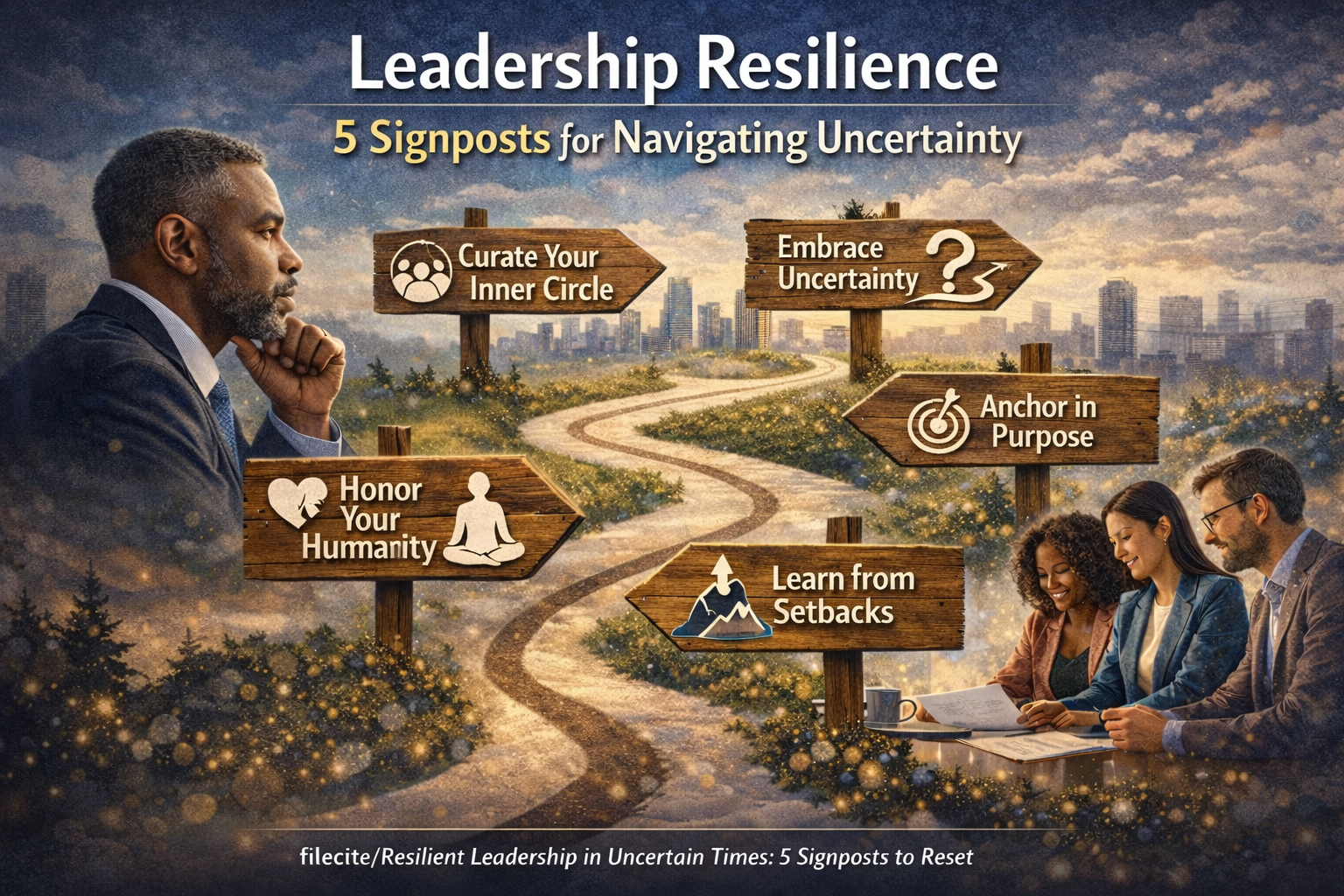5 Coaching Skills to Drive Your Leadership Success

What’s the most effective way to boost your impact and effectiveness as a people leader? By making coaching integral to your leadership style!
When our executive coaching clients master coaching skills, they get much better at unleashing individual and team potential, yielding big improvements in employee engagement and teamwork as well as reduced conflict.
We recommend that executives and other people leaders who want to improve their leadership effectiveness embrace five essential coaching skills and tools.
1. Active Listening. Leaders who listen are better able to hear their employees’ great ideas and their concerns. They make more informed decisions and, ultimately, foster a healthier workplace culture.
To be a great listener:
· focus fully on the person speaking
· bring a sense of genuine curiosity to exchanges
· listen without judgement
· digest what you hear and summarize it back
· pay attention to nonverbal cues, like body language and tone of voice.
2.Powerful Questions. Learn to ask open-ended questions that prompt employees to expand beyond their current ways of seeing and thinking. This helps your team members make new connections, see new opportunities and find creative new solutions.
Open-ended questions encourage a free flow of ideas, invite deeper inquiry and facilitate the cross-pollination of ideas. They also communicate your confidence in the ability of your team members to develop their own solutions.
3. ProductiveFeedback. Practice giving feedback that motivates employees to grow, by helping them to understand their own strengths and identify opportunities for development.
Our tips for providing effective employee feedback include:
· focus on what employees do well
· encourage employees to continue their positive behaviors
· offer employees tools and resources to help them address challenges
· be specific and timely in your feedback
· offer feedback informally and frequently; don’t wait for annual review time.
4. Emotional Intelligence (EQ). Leaders who develop their EQ tend to be more aware of organizational and team dynamics. They are skilled at influencing and inspiring others and they are better at handling emotionally charged situations.
Two cornerstones of high emotional intelligence are self-leadership and self-awareness. This means:
· knowing your values, so you act from a place of clarity
· identifying your strengths, so you can leverage them tactically
· recognizing your weaknesses, so you can overcome or compensate for them
· seeking out guidance and support when you need it.
5. Growth Mindset. Coach your employees to embrace an attitude of growth and continuous improvement so team members are more willing to take risks and try new things.
You can encourage a growth mind set by:
· focusing on process more than on results
· re-framing challenges as opportunities
· communicating confidence in their team’s abilities
· letting employees know that it’s safe to disagree
· thinking in terms of shared goals and shared successes
· encouraging employees to stretch without fear of consequences.
At The Workplace Coach, we’ve seen time and again that when executive coaching clients master these five coaching skills, it has a strategic impact. They dramatically boost their influence as leaders, while at the same time driving success for themselves and their organizations.
ABOUT THE WORKPLACE COACH: The Workplace Coach has deep expertise in business leadership. For more than two decades, its award-winning coaches have been partnering with executive and leadership coaching clients and organizations to help them achieve their strategic goals. Leadership coaching clients report success in developing their leadership mindset and executive presence and in using leader-as-coach tools to drive higher employee engagement and productivity.
Contact TheWorkplace Coach today to equip your senior leaders for the challenges ahead.
Get Practical and Actionable Insights Delivered Monthly
Sign up for our blog now so you never miss out on our expert advice and tips.
Other Blogs

A Third Consumer Choice Award—Why We’re Grateful (and Why It Matters)

Choosing a Theme for 2026: A Better Alternative to Resolutions





